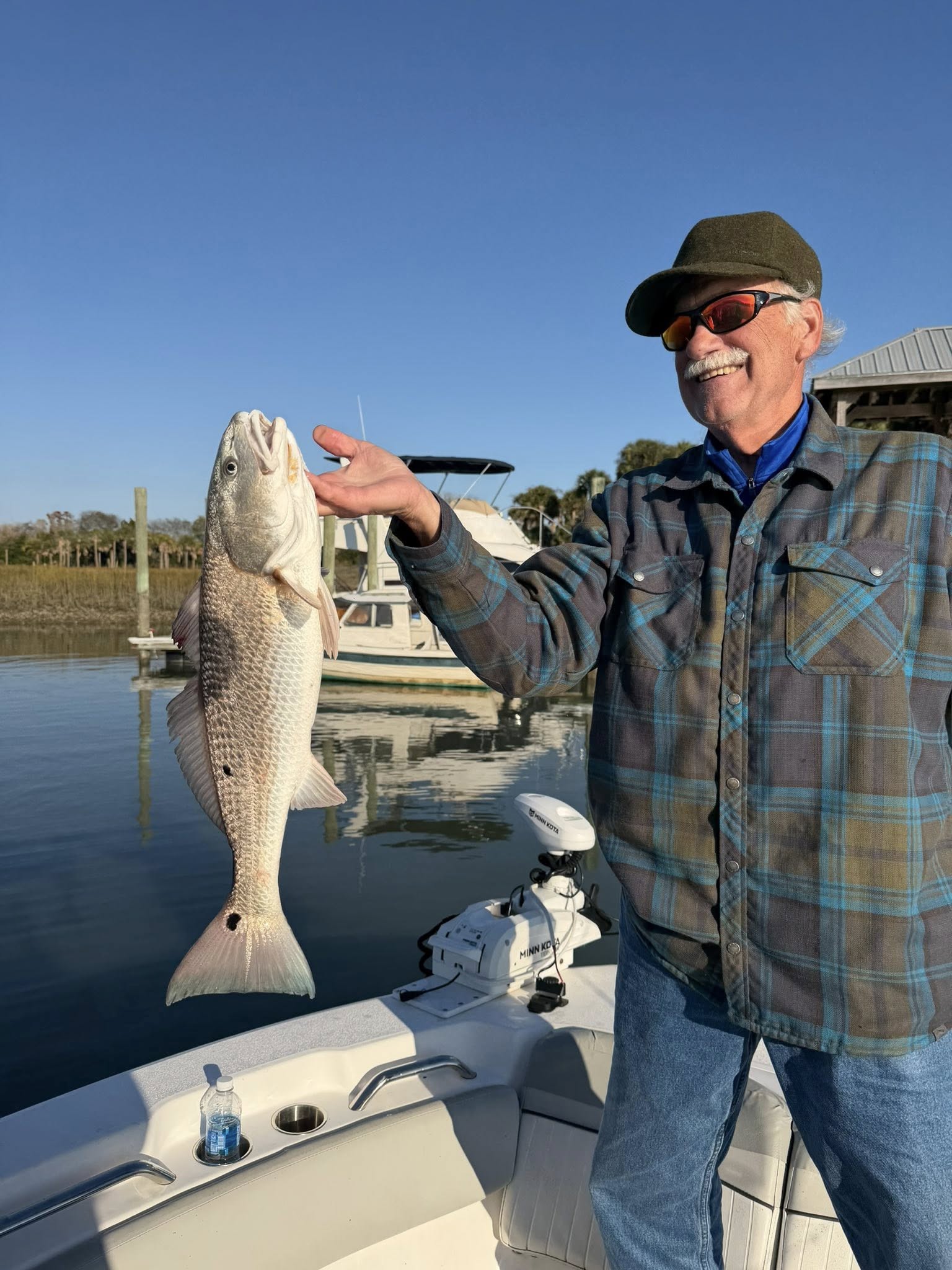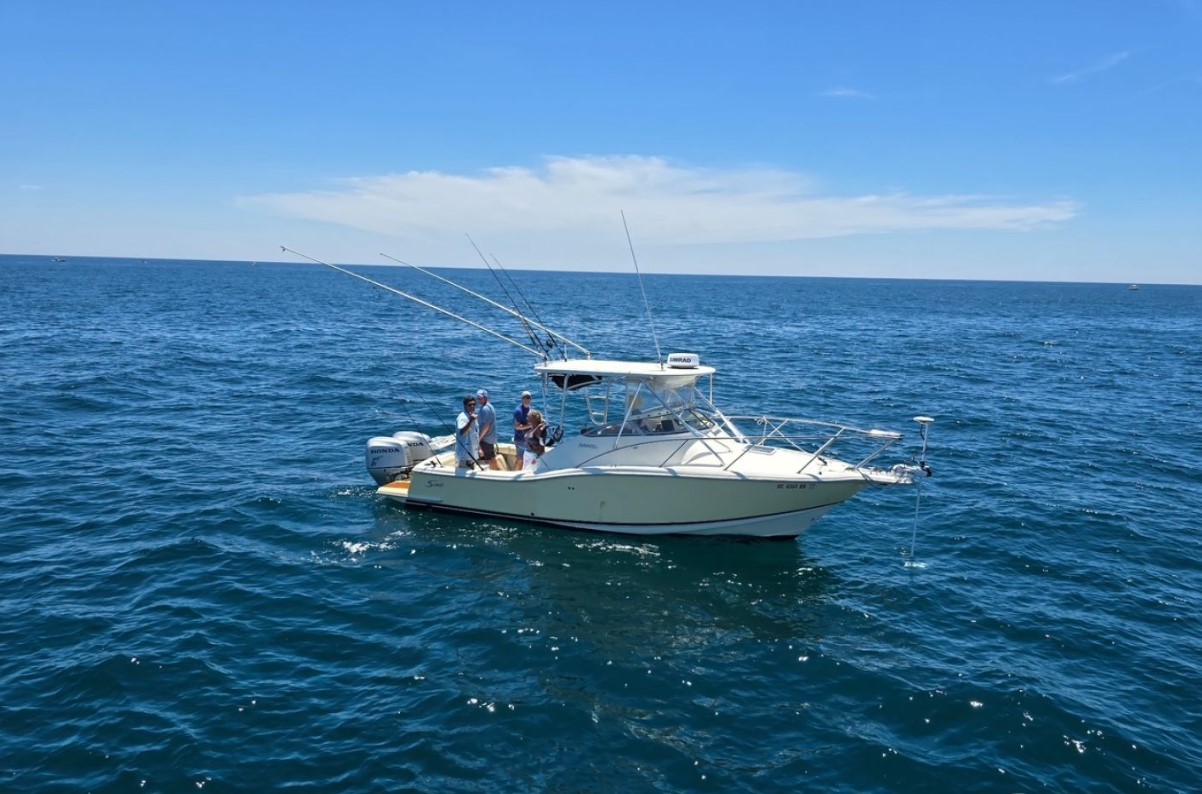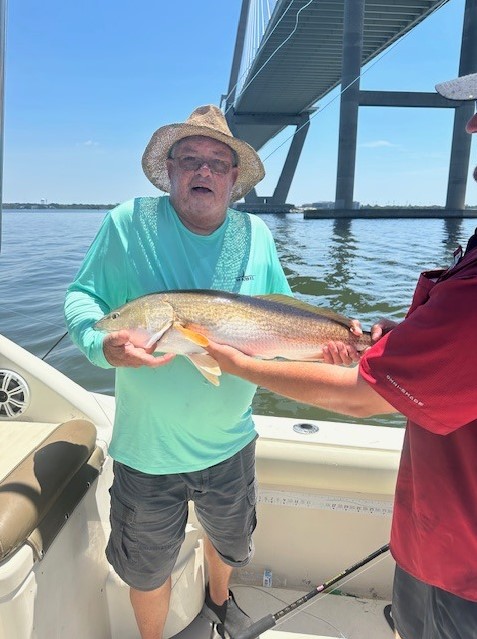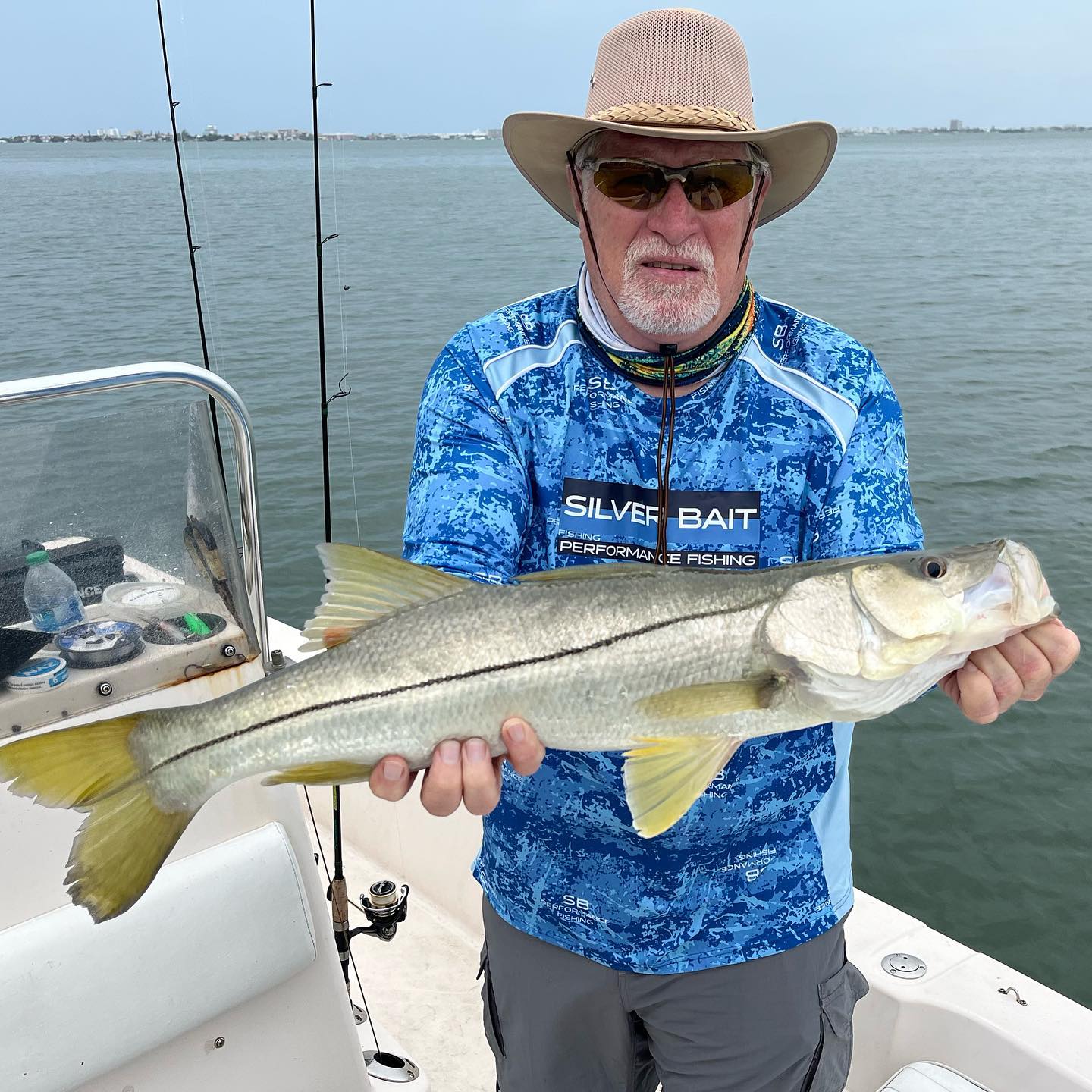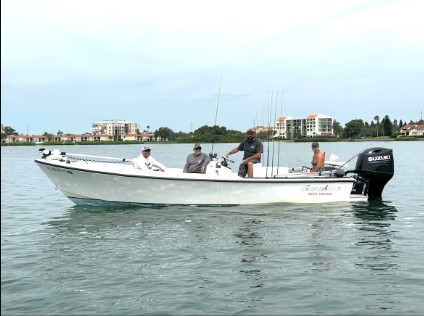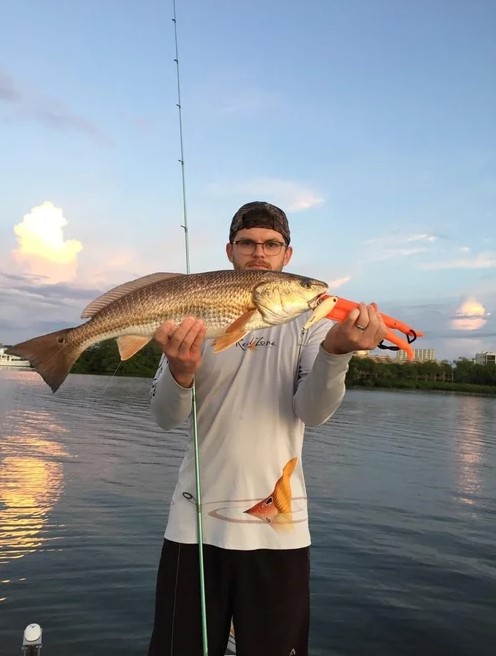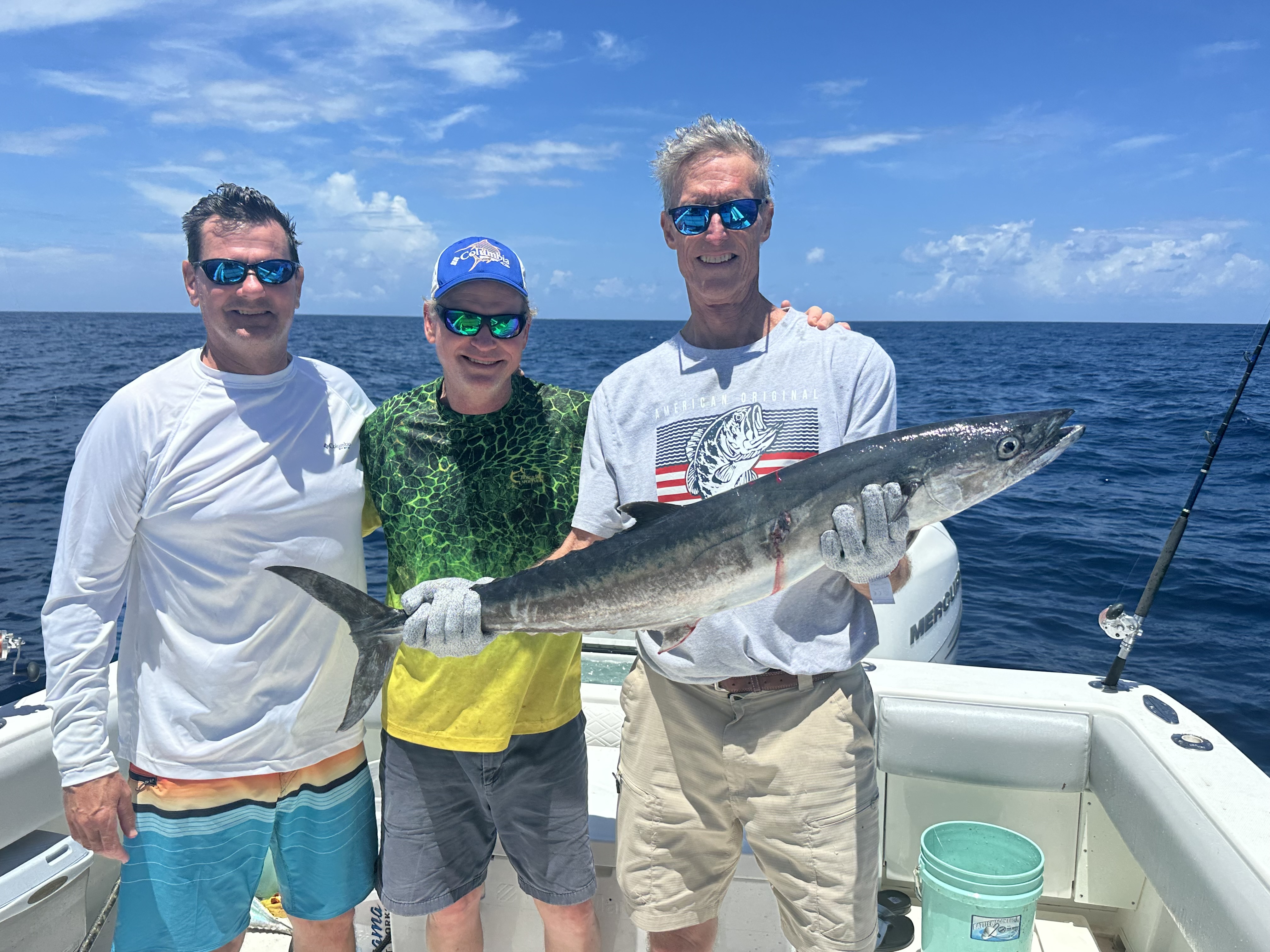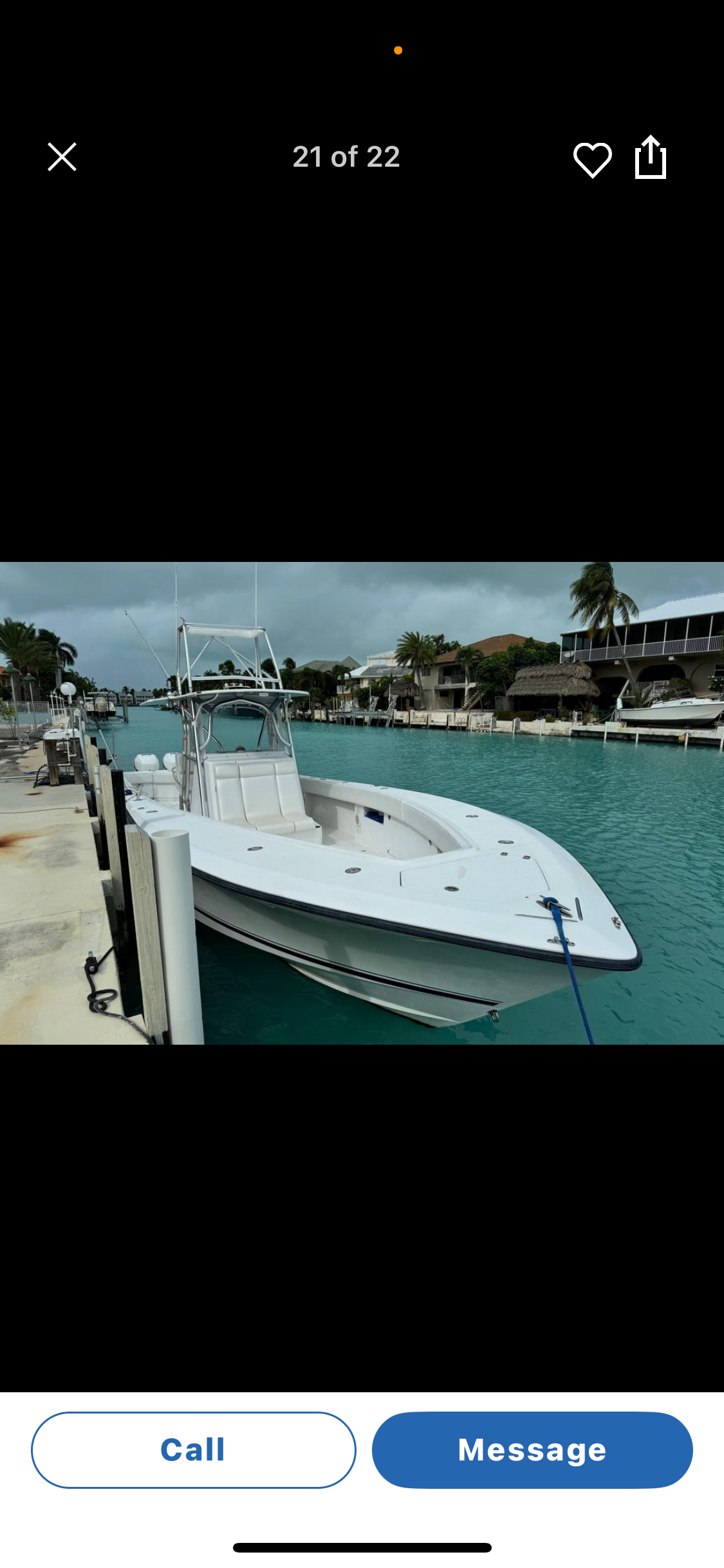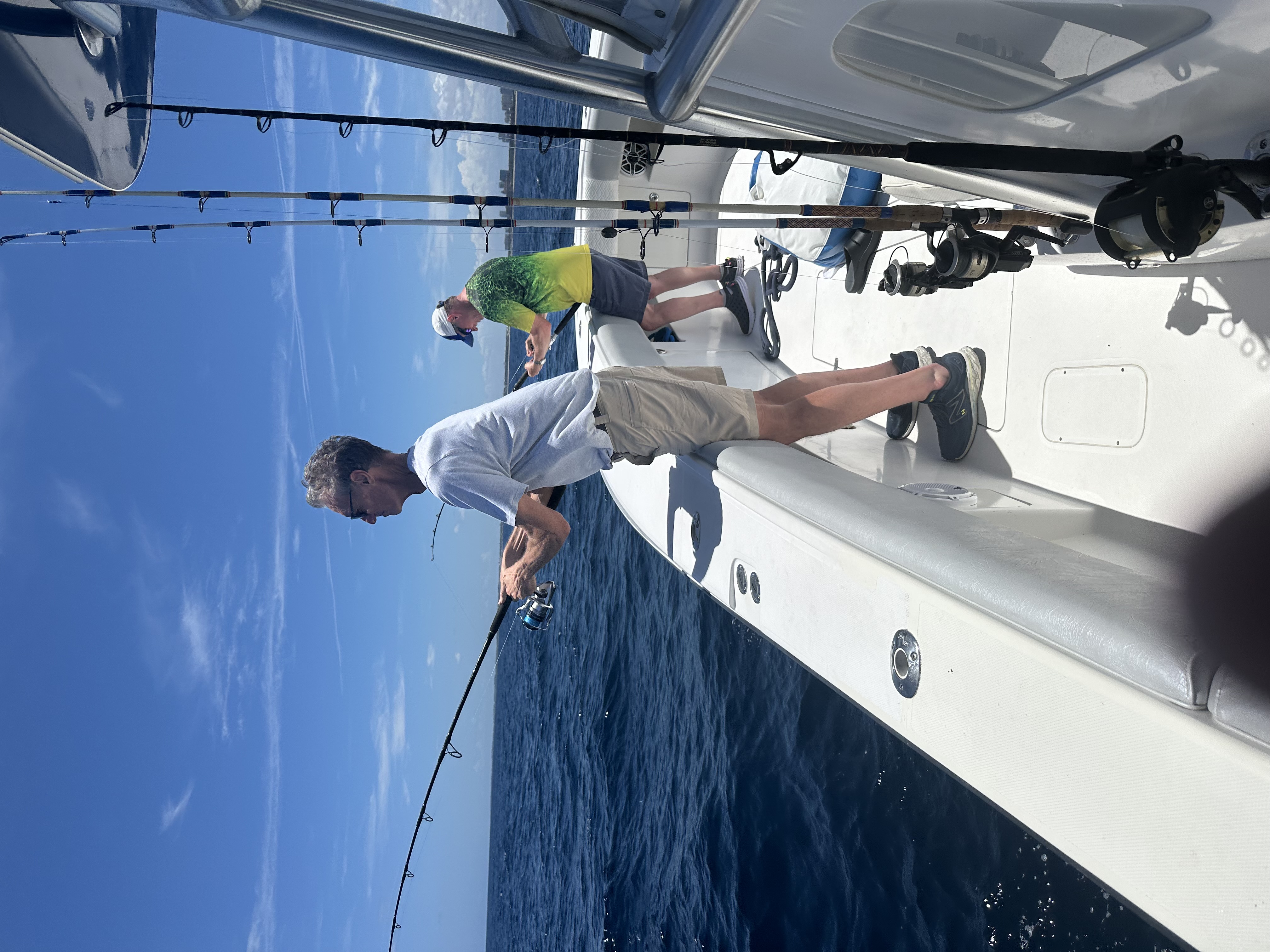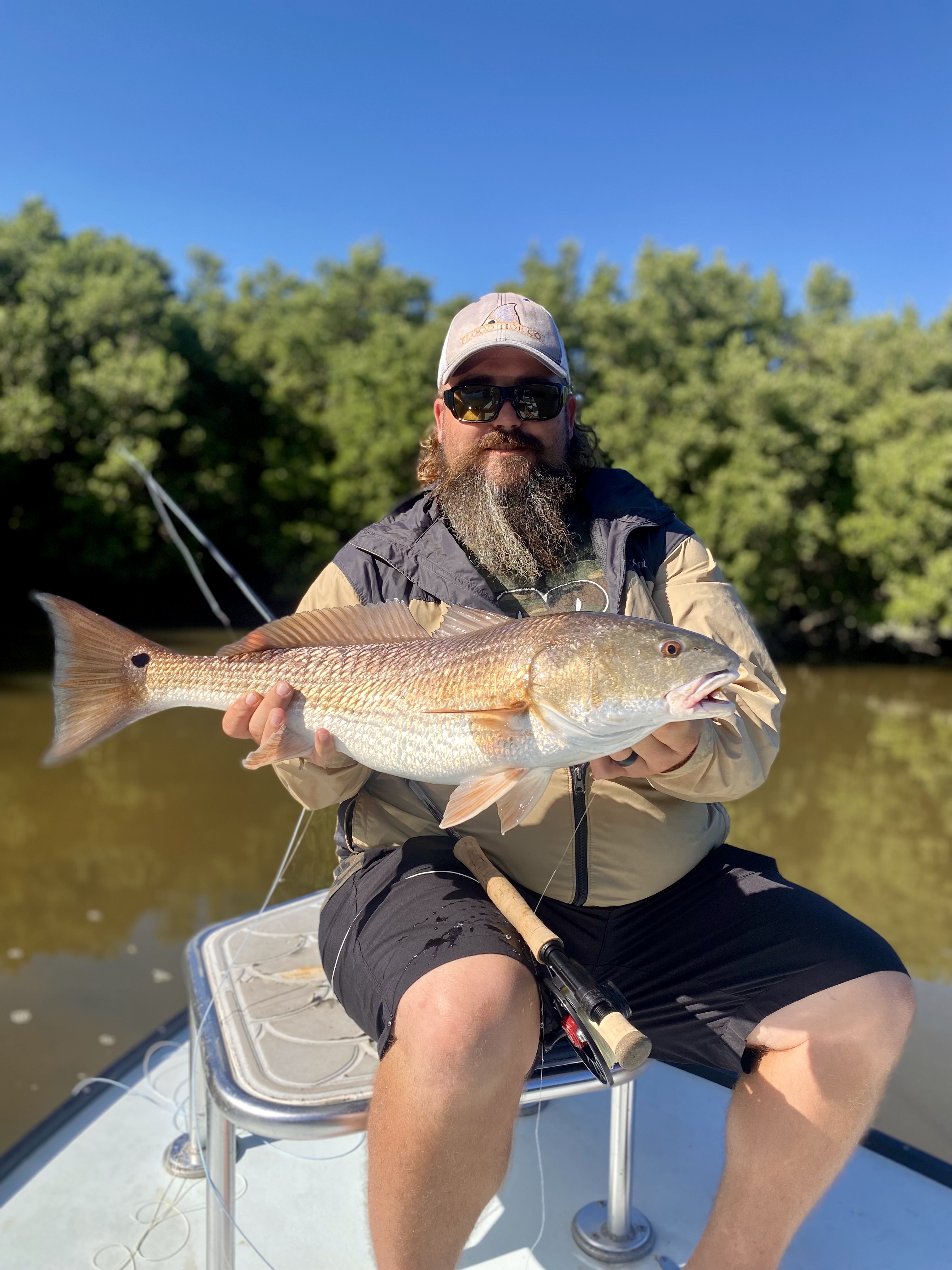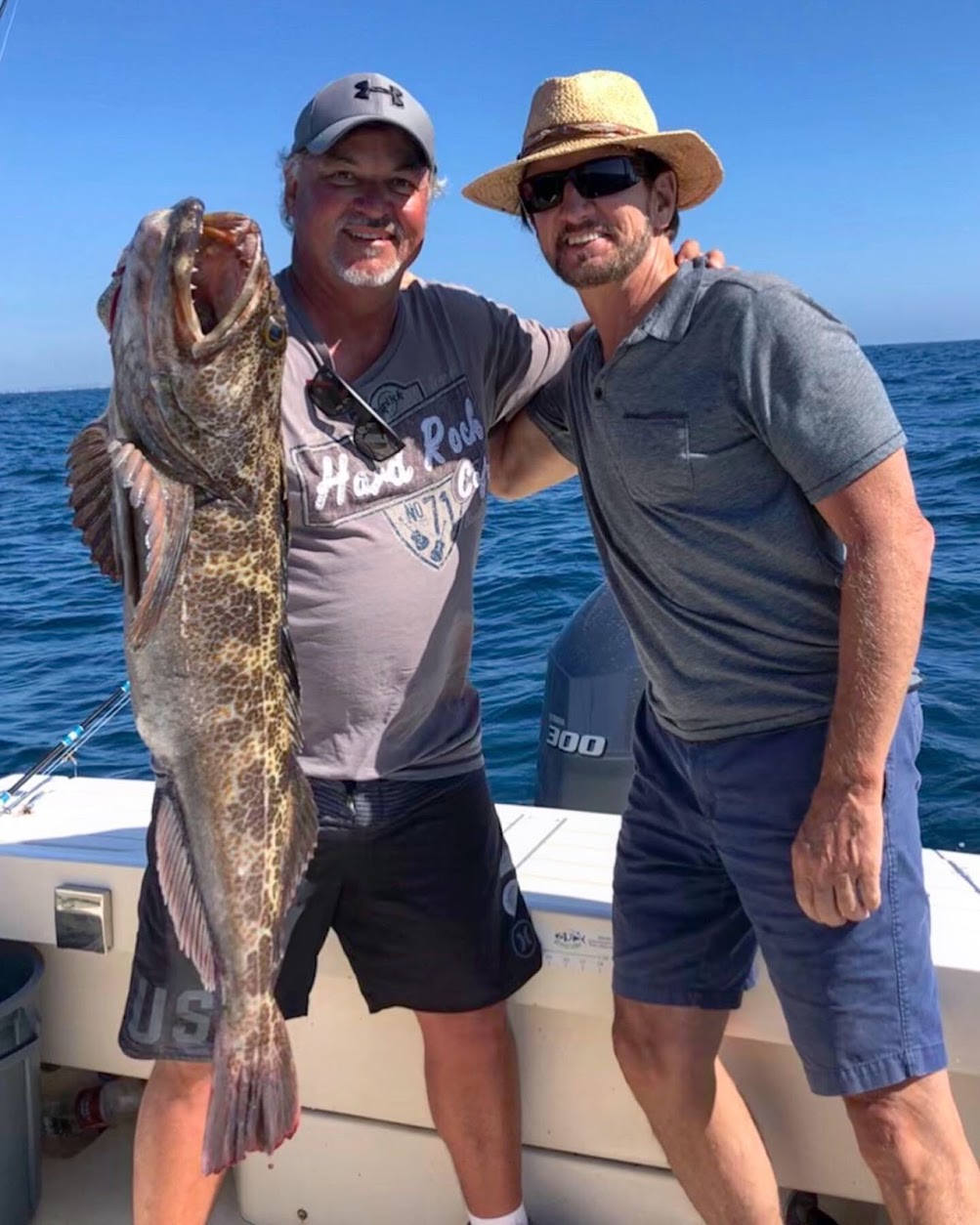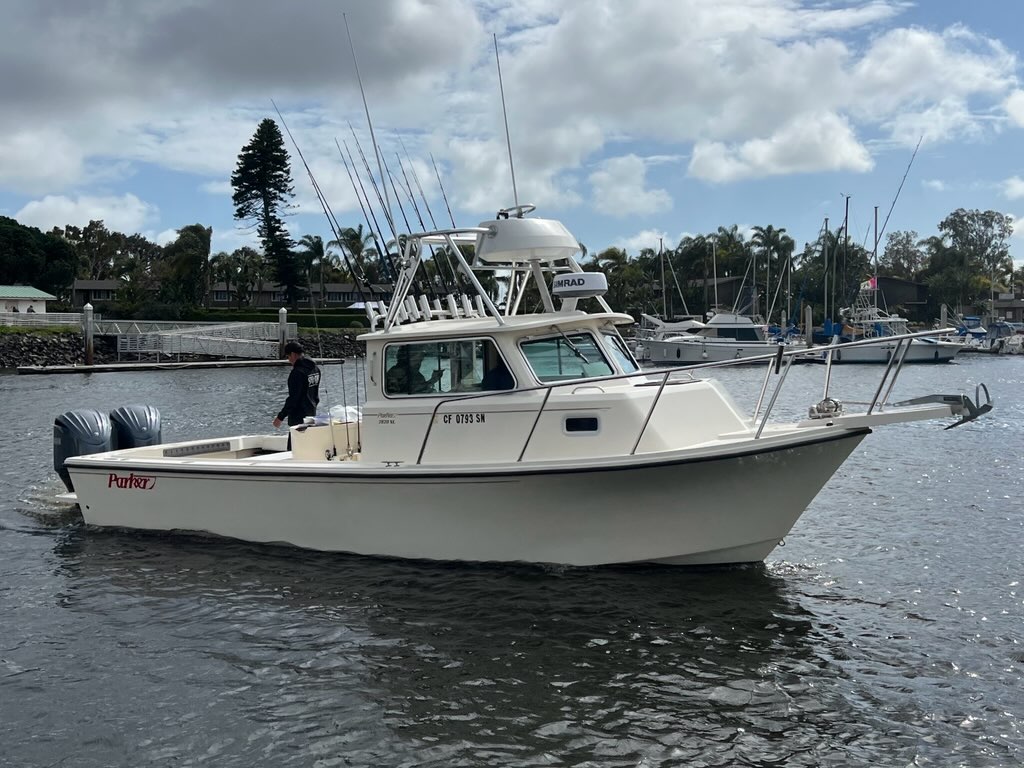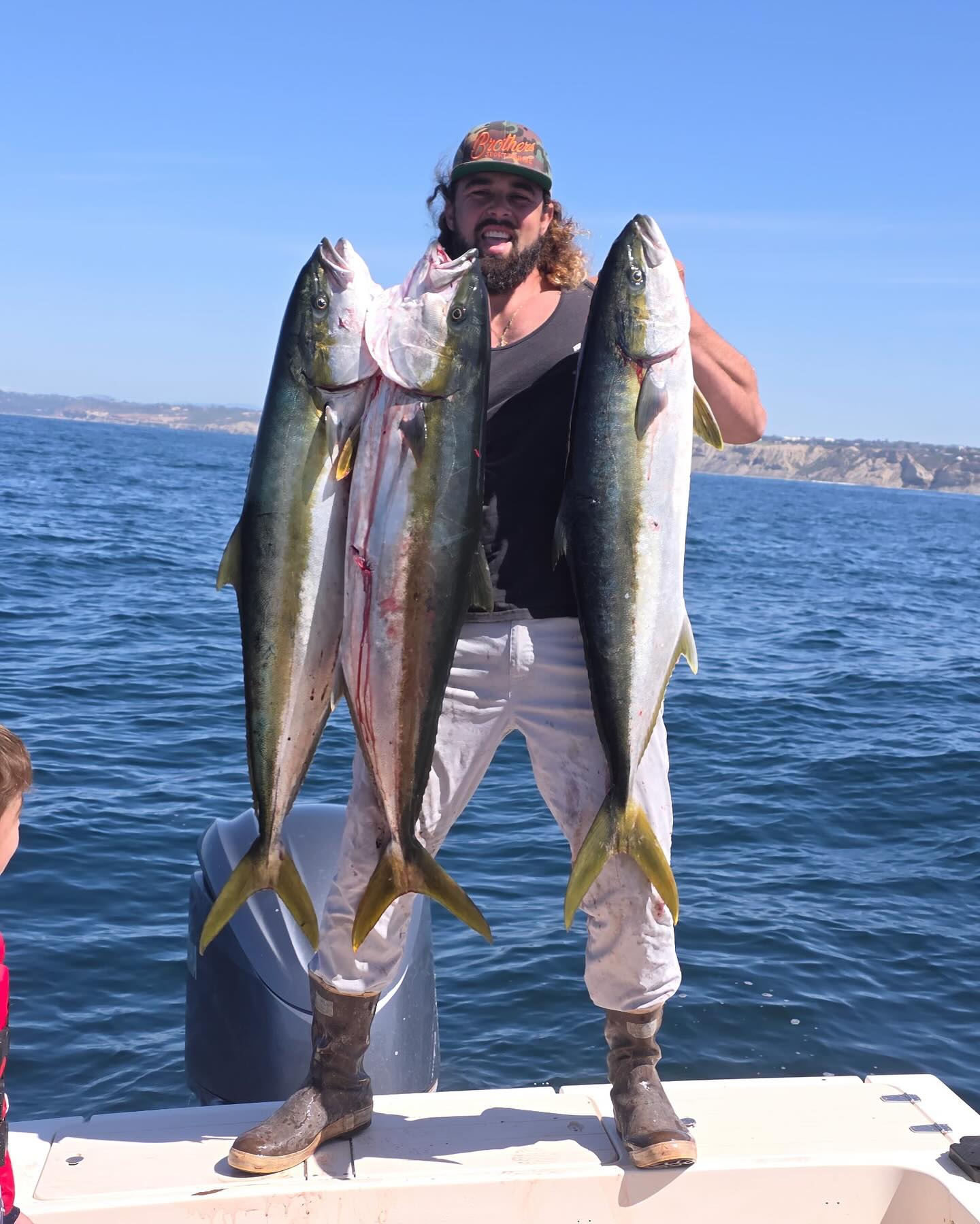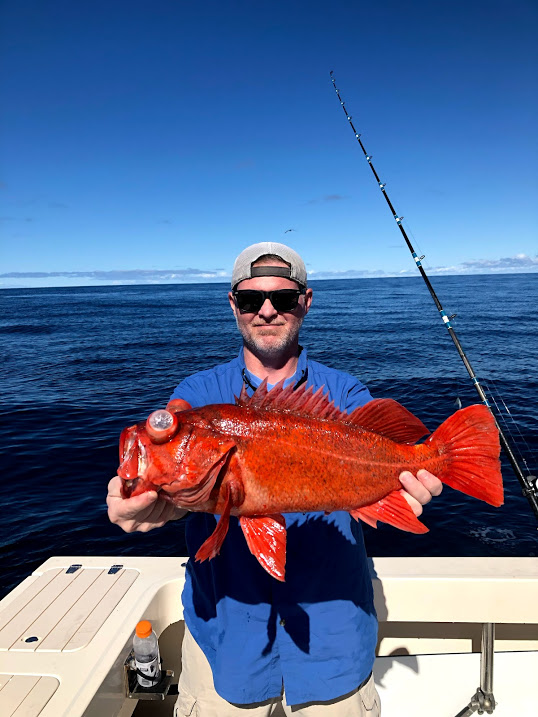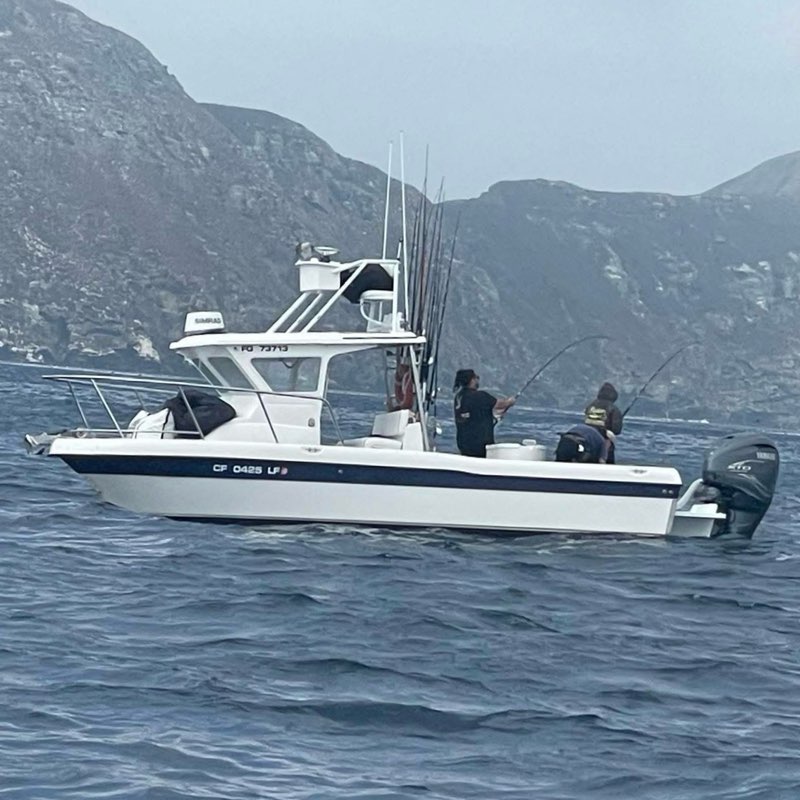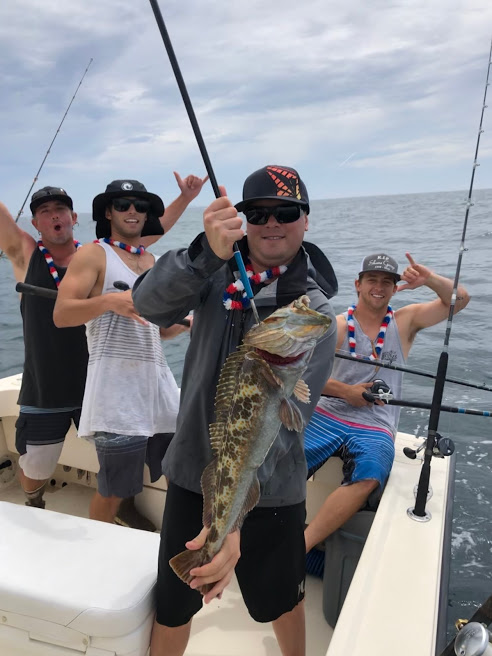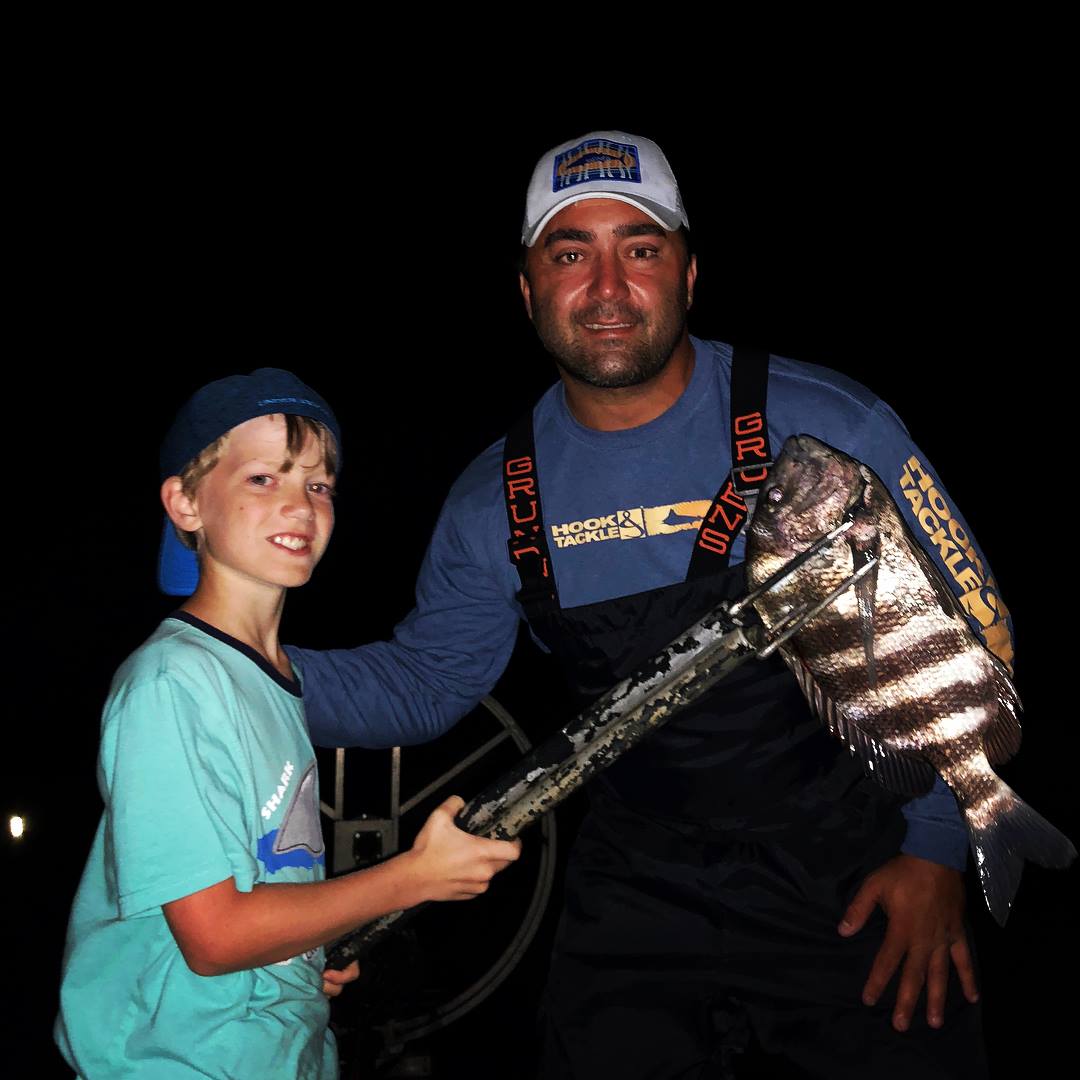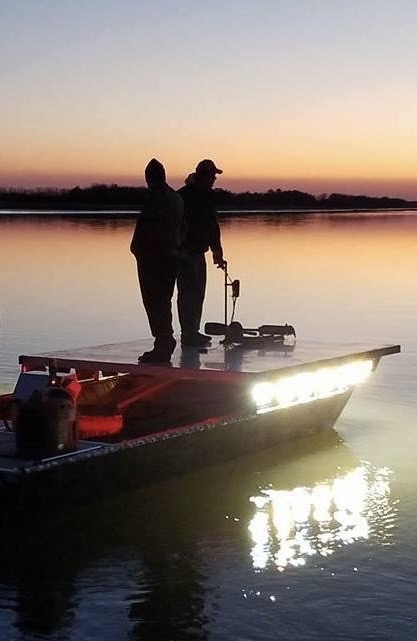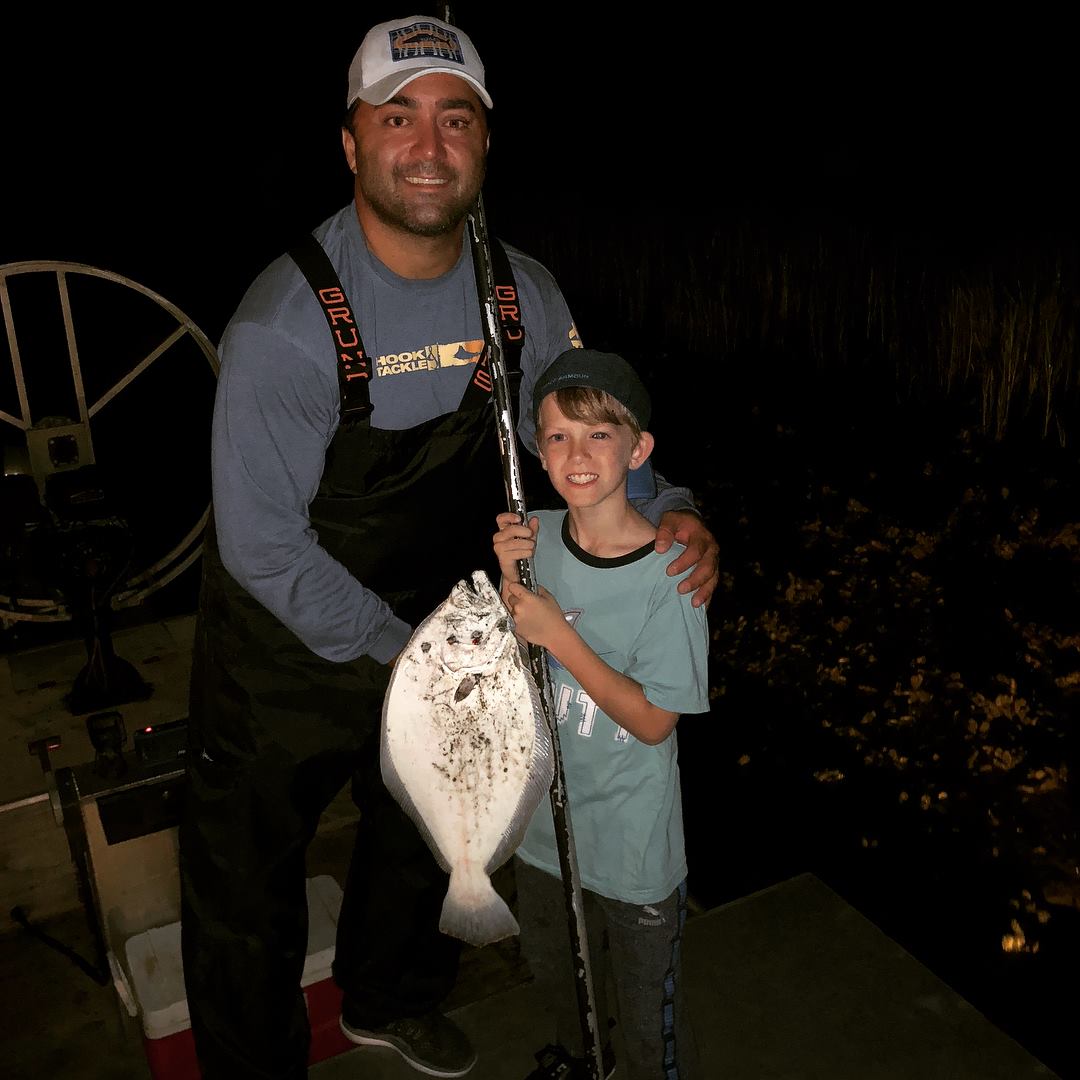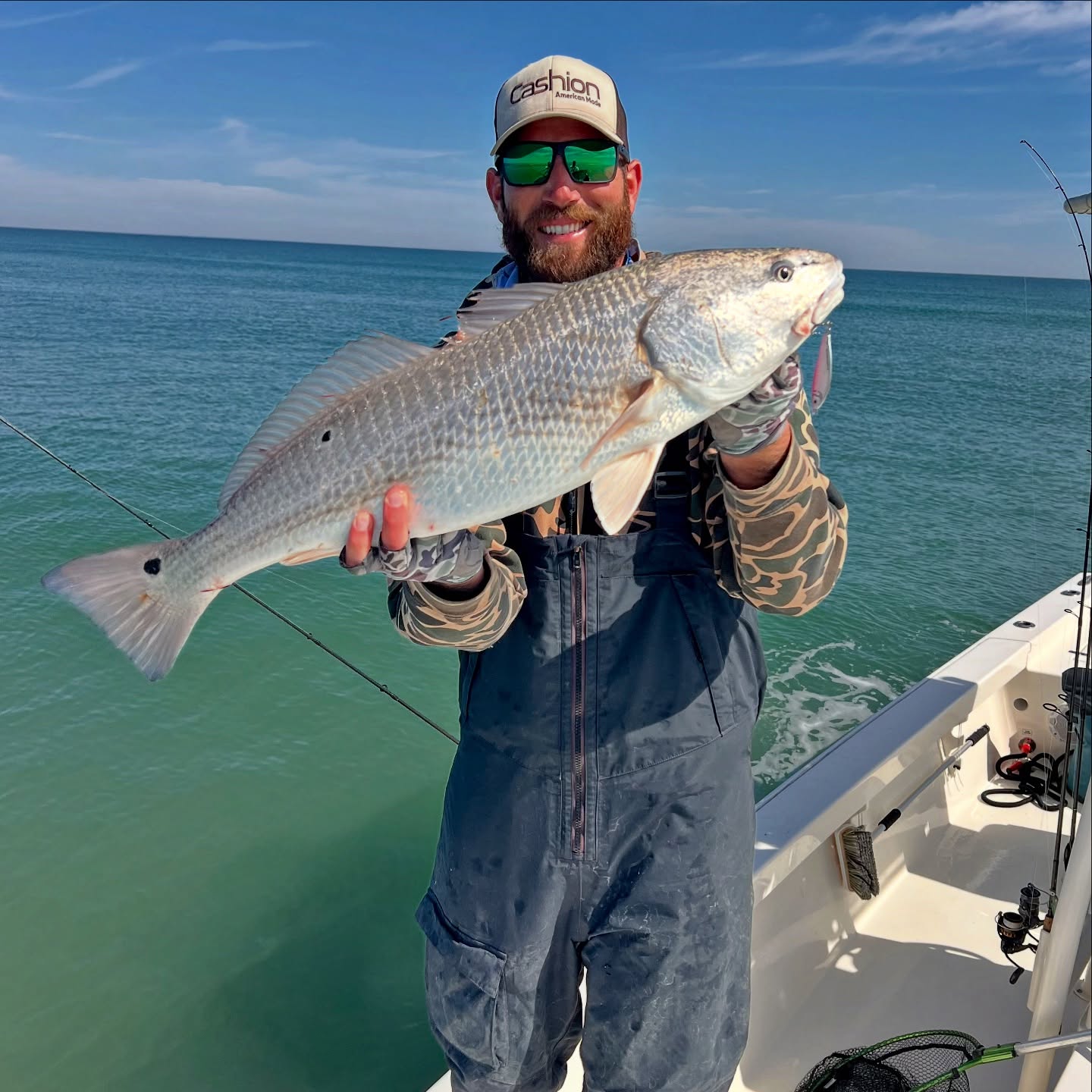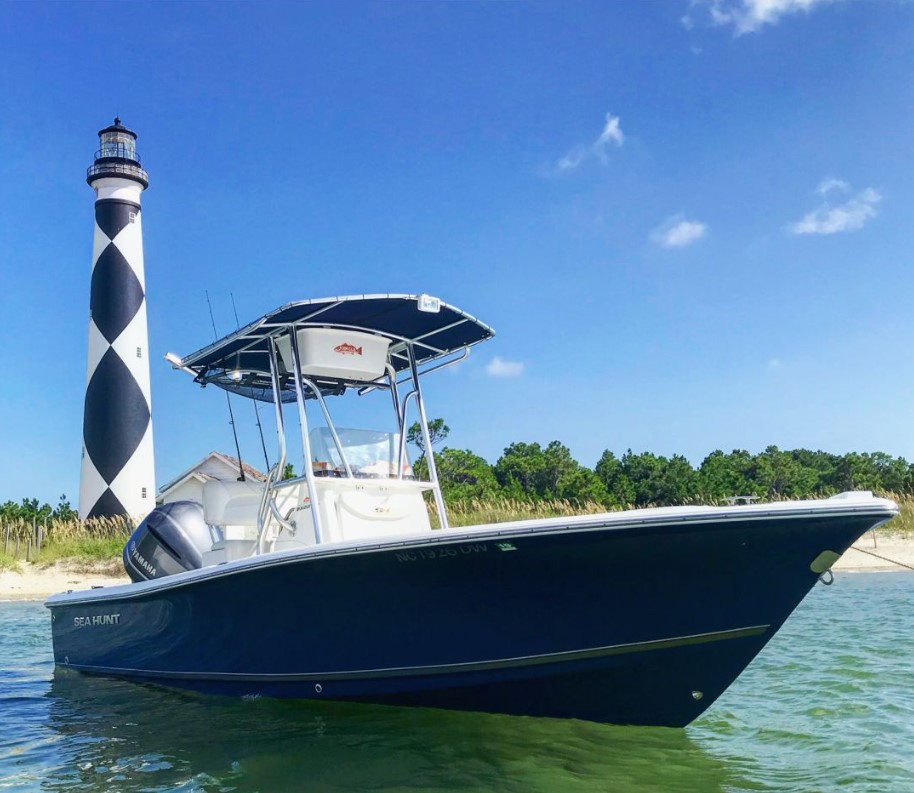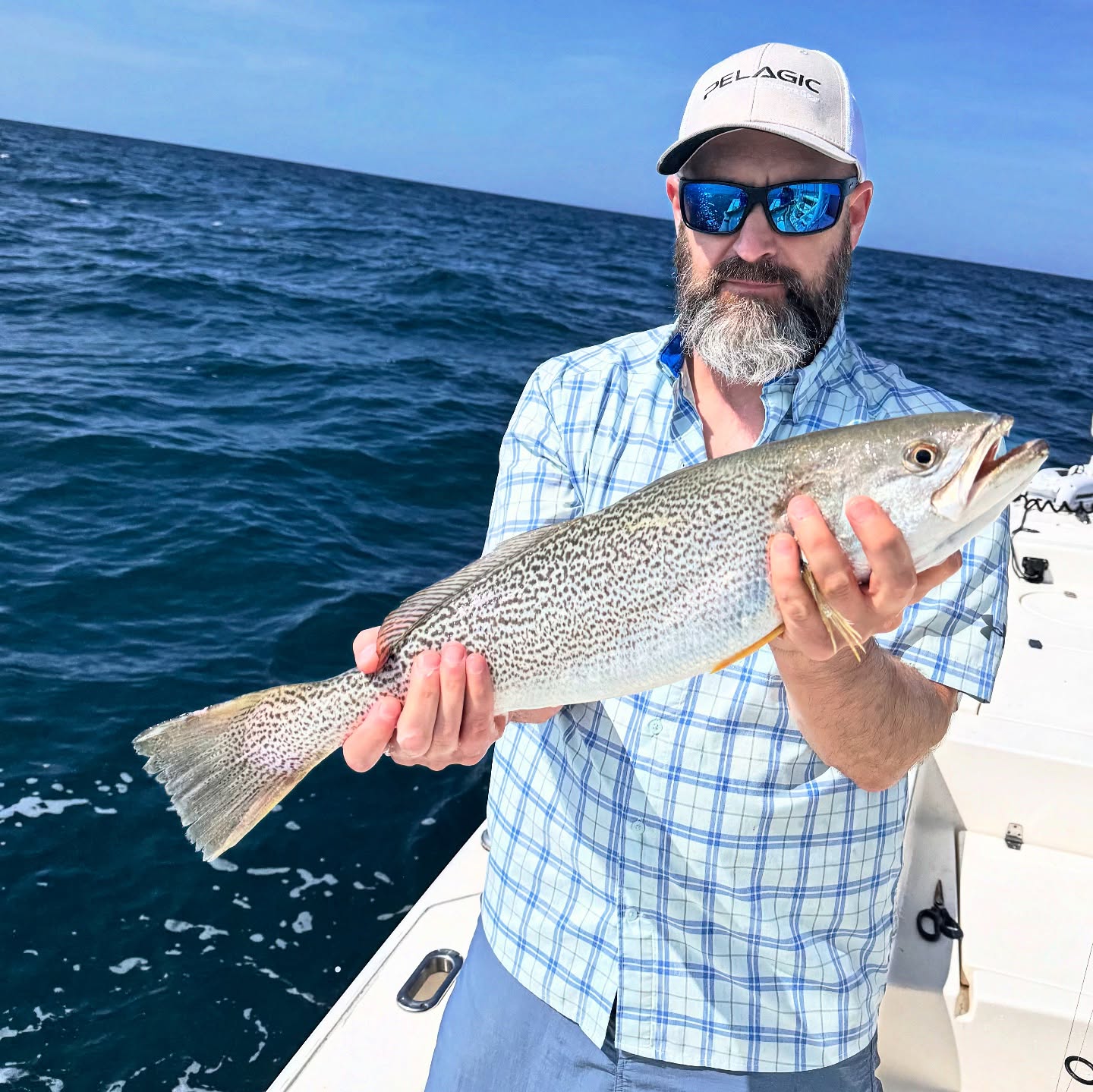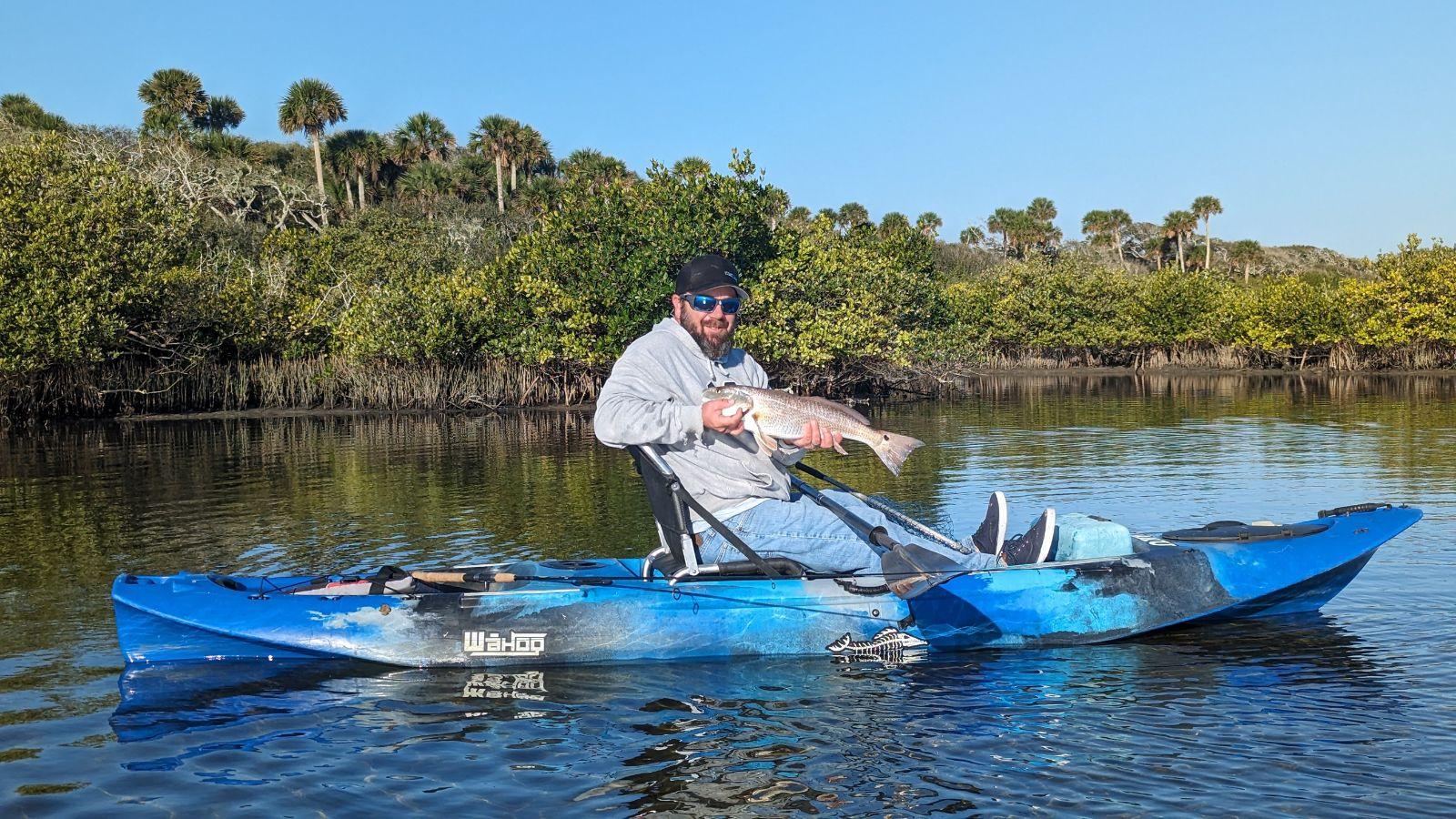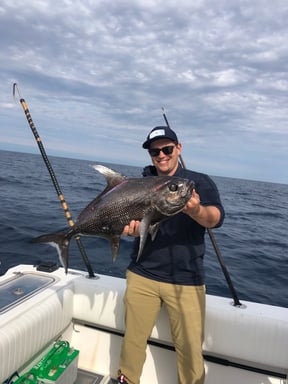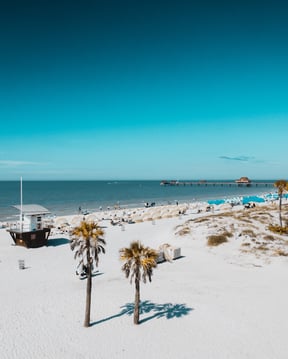Inshore Fishing in Mount Pleasant
Inshore Fishing
Inshore Fishing Trip
Inshore, Deep Sea, Nearshore in Palm Beach Shores
Catching Fish And Having Fun
Inshore, Flats Fishing in Pineland
Fly Fishing Pineland
Inshore, Nearshore Fishing in San Diego
Epic Coastal Or Inshore Fishing
Inshore, Nearshore Fishing in San Diego
Inshore Or Coastal San Diego
Inshore Fishing in Mount Pleasant
Gigging Trip
Inshore Fishing in Atlantic Beach
Inshore Fishing
Kayak Fishing The Flats
We started Captain Experiences to make it easy to book fishing and hunting guides around the world. With over 2,000 Damn Good Guides, our platform makes finding and booking a trip seamless. Head here to check out our trips.
Surf fishing can be a lot of fun and a great way to spend a day outdoors. It can also be quite rewarding, as you can catch some really big fish this way. Surf fishing may look simple (after all, you’re really just standing on a beach with a line in the water), but there are some subtleties you need to learn before you set out and try it.
What Gear You’ll Need
Now that we've gone over the basics, let's get into the nitty-gritty of surf fishing. As we mentioned before, one of the most important things you need for this activity is the right equipment. The type of equipment you use will depend on the type of fish you're trying to catch. For example, if you're fishing for smaller fish, then a light rod and reel combo is all you need. However, if you're going after bigger fish, then you'll need a heavier tackle setup.
Another important thing to consider is the bait you use. Again, this will depend on the type of fish you're trying to catch. Live bait is usually the best choice, as it's more likely to attract fish. However, artificial baits can work just as well – it really just depends on your preference.
Surf Fishing Techniques
When it comes to the actual act of surf fishing, you need to start with the proper setup. First, you will need to find a good spot. Look for an area where there is a lot of sand and not too many rocks. This will help to ensure that you don't get your line tangled. Second, once you have found a good spot, it's time to set up your rod and reel. Be sure to attach the weights to your line about 18 inches above the bait. This will help to keep your bait in place.
Once you’re all set up, there are a few different techniques you can use. One popular method is to simply cast your line out into the water and wait for a fish to bite. Another option is to use a technique called bottom fishing, where you let your bait sink to the bottom of the water and then wait for a fish to swim by and take the bait. Whichever method you choose, just make sure you have patience – sometimes it can take a while for a fish to bite.
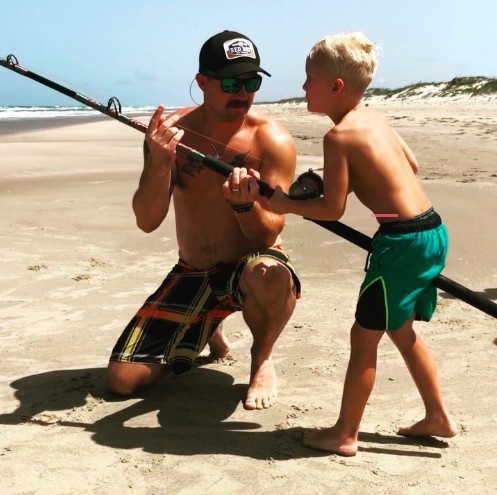
Captain Tristan guides excellent surf fishing trips in Corpus Christi, usually pulling up Sharks!
Surf Fishing Overview
Now that you know the basics of surf fishing, it's time to start planning your trip. There are many great locations for this activity, but some of the most popular spots are near beaches and inlets. This is because there is usually a lot of fish activity in these areas. When choosing a location, make sure to consider the tide – you want to fish during high tide for the best results. Some of our amazing guides go surf fishing in Corpus Christi, TX and Stone Harbor, NJ.
As far as which types of fish you can expect to catch while surf fishing, there is a wide variety. Some of the most popular include Striped Bass, Flounder, and Bluefish. However, you could really catch just about anything while surf fishing – it just depends on what's biting at the time.
Milo Kashey
Updated on July 31, 2023

April 26, 2022

November 15, 2023
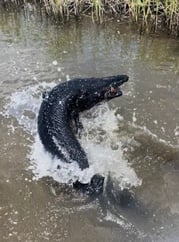
June 22, 2022

November 7, 2023
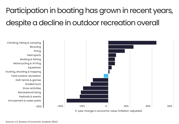
June 28, 2023
Related Articles
August 2, 2023
April 5, 2023
Featured Locations
- Fishing Charters Near Me
- Austin Fishing Guides
- Biloxi Fishing Charters
- Bradenton Fishing Charters
- Cabo San Lucas Fishing Charters
- Cancun Fishing Charters
- Cape Coral Fishing Charters
- Charleston Fishing Charters
- Clearwater Fishing Charters
- Corpus Christi Fishing Charters
- Crystal River Fishing Charters
- Dauphin Island Fishing Charters
- Daytona Beach Fishing Charters
- Destin Fishing Charters
- Fort Lauderdale Fishing Charters
- Fort Myers Fishing Charters
- Fort Walton Beach Fishing Charters
- Galveston Fishing Charters
- Gulf Shores Fishing Charters
- Hatteras Fishing Charters
- Hilton Head Fishing Charters
- Islamorada Fishing Charters
- Jacksonville Fishing Charters
- Jupiter Fishing Charters
- Key Largo Fishing Charters
- Key West Fishing Charters
- Kona Fishing Charters
- Lakeside Marblehead Fishing Charters
- Marathon Fishing Charters
- Marco Island Fishing Charters
- Miami Fishing Charters
- Montauk Fishing Charters
- Morehead City Fishing Charters
- Naples Fishing Charters
- New Orleans Fishing Charters
- New Smyrna Beach Fishing Charters
- Ocean City Fishing Charters
- Orange Beach Fishing Charters
- Panama City Beach Fishing Charters
- Pensacola Fishing Charters
- Pompano Beach Fishing Charters
- Port Aransas Fishing Charters
- Port Orange Fishing Charters
- Rockport Fishing Charters
- San Diego Fishing Charters
- San Juan Fishing Charters
- Sarasota Fishing Charters
- South Padre Island Fishing Charters
- St. Augustine Fishing Charters
- St. Petersburg Fishing Charters
- Tampa Fishing Charters
- Tarpon Springs Fishing Charters
- Venice Fishing Charters
- Virginia Beach Fishing Charters
- West Palm Beach Fishing Charters
- Wilmington Fishing Charters
- Wrightsville Beach Fishing Charters
